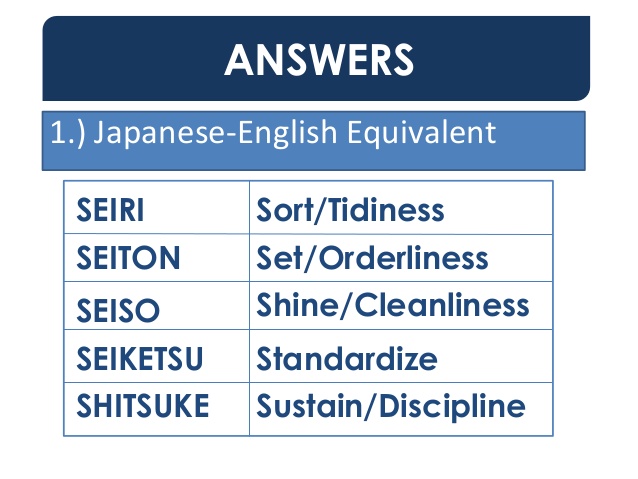Are you like many of my clients who question if reinventing your career, in today’s economy, is realistic? (Maybe one of the following scenarios is holding you back from pursuing the career and life you want).
– Do you feel scared because you love your job but keep hearing rumors of a lay off or;
– Have you been in the job search process some time now with no results;
– You are disillusioned with your current job/career but believe you better stay put because at least you have a job;
– Do you think it is too late in your life to do what you really love or;
– Are you ready to do what you love and just not sure how to get started?
You are definitely underestimating what is possible for you. You are the CEO of your career and life and like any successful business taking time to reflect, renew or reinvent is key to your ongoing success and fulfillment.
When you apply the 5 transformational principles presented you will have a personalized one page plan that can lead you to:
- Become a proactive CEO of your career
- Become recognized as a visible leader
- Get the promotions you deserve and more (Yes! Even in these time)
- Have a fulfilling career doing what you love, and
- Keep your life in balance too.
Ram Dass: Author and spiritual teacher once said: “Everything in your life is there as a vehicle for your transformation. Use it!”
The career and life you most desire is possible when you are willing to move in the direction of your dreams. Apply the following 5 transformational principles to your life to make the necessary shifts and discover a new beginning.
Principle 1 — Appreciate last year’s successes
Beginning with an attitude of gratitude is an essential first step to personal transformation. Take time to write down what you did well and feel most proud of in your career. Without doubt, you accomplished some amazing things. When you acknowledge and appreciate your successes you are taking responsibility for your greatness. You can even go so far as to give yourself a pat on the back or a great big hug. Give credit where credit is due because you are awesome! Take the time to list your career and life accomplishments this year?
Principle 2 — Learn your lessons. What you learn from your successes and disappointments will reveal major life lessons that are truly meaningful. Ask yourself, “How did I achieve this accomplishment”? Your thoughtful answers will uncover the abilities, strengths and behaviors you consistently demonstrate to have success.
Secondly, ask yourself, “What is the lesson to be learned from my disappointments/failures”? The answers revealed to you can be converted into reminders or advice to yourself. By doing so, you are your own teacher and provide great inspiration and motivation for yourself. They maybe simple guidelines you follow like:
Remember what matters;
- Value every Relationship;
- Say yes to the next step;
- Trust the process.
You are the best source of wisdom for you. Can you imagine the results you can achieve when you take the time to learn from your accomplishments and disappointments? Write down 3 statements of advice to yourself for future success. Keep it short memorable and a positive statement.
Principle 3 — Shift to an empowering paradigm and live into your passions.
This principle is about living from the place of truth within you…your true greatness…a place within you where your heart sings. Most important to being successful is to get in touch with what has been holding you back. More than likely it is a limiting belief(s). One of the most common limiting beliefs people live from is “I am not good enough”. This belief among others will sabotage your success and block your ability to live your passions and achieve your goals.
Recognize them for what they are and one by one let them go and replace them with a truthful statement that is positive, personal and in the present (“What I put my mind to I achieve”).Most importantly, be willing to ask for help. For many of us breaking through old belief patterns requires divine intervention. What is your new empowering paradigm?
Principle 4 — Live according to your values and key roles
Be clear about what really gets you out of bed in the morning. What are the personal principles or standards (values) you live by? Values are the hidden drivers behind your goals. What values are most important in your life?
Key to having balance in your life is your ability to integrate these values with your major life roles. The quote from Brian Dyson, CEO of Coca Cola Enterprises, defines this best.
Imagine life as a game in which you are juggling some five balls in the air. You name them work, family, health, friends and spirit, and you’re keeping all of these in the air. You will soon understand that work is a rubber ball, if you drop it, it will bounce back. But the other four balls — family, health, friends and spirit — are made of glass. If you drop one of these, they will be irrevocably scuffed, marked, nicked, damaged or even shattered. They will never be the same.
What are the major life roles you play (Parent, Spouse, Business Owner, Self-Manager, etc.)? Thoughtfully identify the key role that is a major focus (a priority) for you this year.
Principle 5 — Set your top career and life goals and track your success.
Your values and major life roles are a supportive framework to set inspiring personal and professional goals. Set your goals by answering the question: WHAT RESULTS DO I WANT TO ACHIEVE TO MAKE THIS MY BEST YEAR YET IN each key ROLE in my life? Take the time to write down your top 10 goals, take consistent action and track your success.
The beauty of applying the 5 transformational principles is the outcome. You now have a personalized and simplified one page plan to follow.
- Advice/guidelines based on lessons learned,
- Empowering paradigm,
- Major focus (Which a role do you want a breakthrough in performance?)
- Top 10 goals













